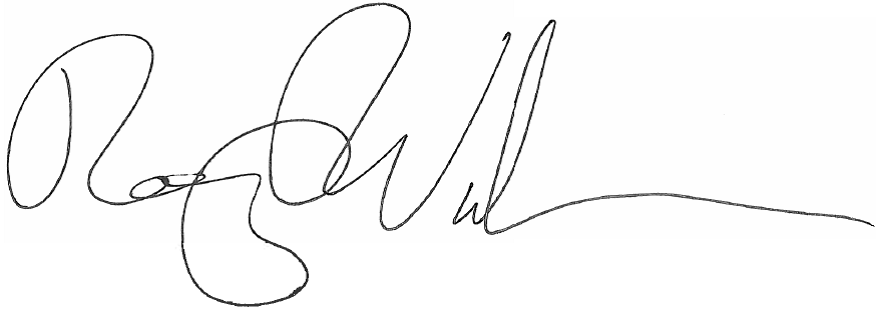Members,
This week the FAR & Beyond Blog and the Friday Flash are dedicated to the Fourth of July.
The blog highlights excerpts from a speech given by President Kennedy at Independence Hall, Philadelphia, July 4, 1962.
We hope everyone has a wonderful July 4th weekend!
It is a high honor for any citizen of our great Republic to speak at this Hall of Independence on this day of Independence. To speak as President of the United States to the Chief Executives of our 50 States is both an opportunity and an obligation. The necessity for comity between the National Government and the several States is an indelible lesson of our long history.
Because our system is designed to encourage both differences and dissent, because its checks and balances are designed to preserve the rights of the individual and the locality against preeminent central authority, you and I, Governors, recognize how dependent we both are, one upon the other, for the successful operation of our unique and happy form of government. Our system and our freedom permit the legislative to be pitted against the executive, the State against the Federal Government, the city against the countryside, party against party, interest against interest, all in competition or in contention one with another. Our task–your task in the State House and my task in the White House–is to weave from all these tangled threads a fabric of law and progress. We are not permitted the luxury of irresolution. Others may confine themselves to debate, discussion, and that ultimate luxury–free advice. Our responsibility is one of decision–for to govern is to choose.
Thus, in a very real sense, you and I are the executors of the testament handed down by those who gathered in this historic hall 186 years ago today. For they gathered to affix their names to a document which was, above all else, a document not of rhetoric but of bold decision. It was, it is true, a document of protest–but protests had been made before. It set forth their grievances with eloquence–but such eloquence had been heard before. But what distinguished this paper from all the others was the final irrevocable decision that it took–to assert the independence of free States in place of colonies, and to commit to that goal their lives, their fortunes, and their sacred honor.
Today, 186 years later, that Declaration whose yellowing parchment and fading, almost illegible lines I saw in the past week in the National Archives in Washington is still a revolutionary document. To read it today is to hear a trumpet call. For that Declaration unleashed not merely a revolution against the British, but a revolution in human affairs. Its authors were highly conscious of its worldwide implications. And George Washington declared that liberty and self-government everywhere were, in his words, “finally staked on the experiment entrusted to the hands of the American people.”
This prophecy has been borne out. For 186 years this doctrine of national independence has shaken the globe–and it remains the most powerful force anywhere in the world today. There are those struggling to eke out a bare existence in a barren land who have never heard of free enterprise, but who cherish the idea of independence. There are those who are grappling with overpowering problems of illiteracy and ill-health and who are ill-equipped to hold free elections. But they are determined to hold fast to their national independence.
***
The theory of independence is as old as man himself, and it was not invented in this hall. But it was in this hall that the theory became a practice; that the word went out to all, in Thomas Jefferson’s phrase, that “the God who gave us life, gave us liberty at the same time.” And today this Nation–conceived in revolution, nurtured in liberty, maturing in independence–has no intention of abdicating its leadership in that worldwide movement for independence to any nation or society committed to systematic human oppression.
As apt and applicable as the Declaration of Independence is today, we would do well to honor that other historic document drafted in this hall–the Constitution of the United States. For it stressed not independence but interdependence–not the individual liberty of one but the indivisible liberty of all.
***
On Washington’s Birthday in 1861, standing right there, President-elect Abraham Lincoln spoke in this hall on his way to the Nation’s Capital. And he paid a brief but eloquent tribute to the men who wrote, who fought for, and who died for the Declaration of Independence. Its essence, he said, was its promise not only of liberty “to the people of this country, but hope to the world . . . [hope] that in due time the weights should be lifted from the shoulders of all men, and that all should have an equal chance.”
On this fourth day of July, 1962, we who are gathered at this same hall, entrusted with the fate and future of our States and Nation, declare now our vow to do our part to lift the weights from the shoulders of all, to join other men and nations in preserving both peace and freedom, and to regard any threat to the peace or freedom of one as a threat to the peace and freedom of all. “And for the support of this Declaration, with a firm reliance on the protection of Divine Providence, we mutually pledge to each other our Lives, our Fortunes and our sacred Honor.”
Have a fun and safe weekend! The Friday Flash will return on July 10.
Roger Waldron
President

